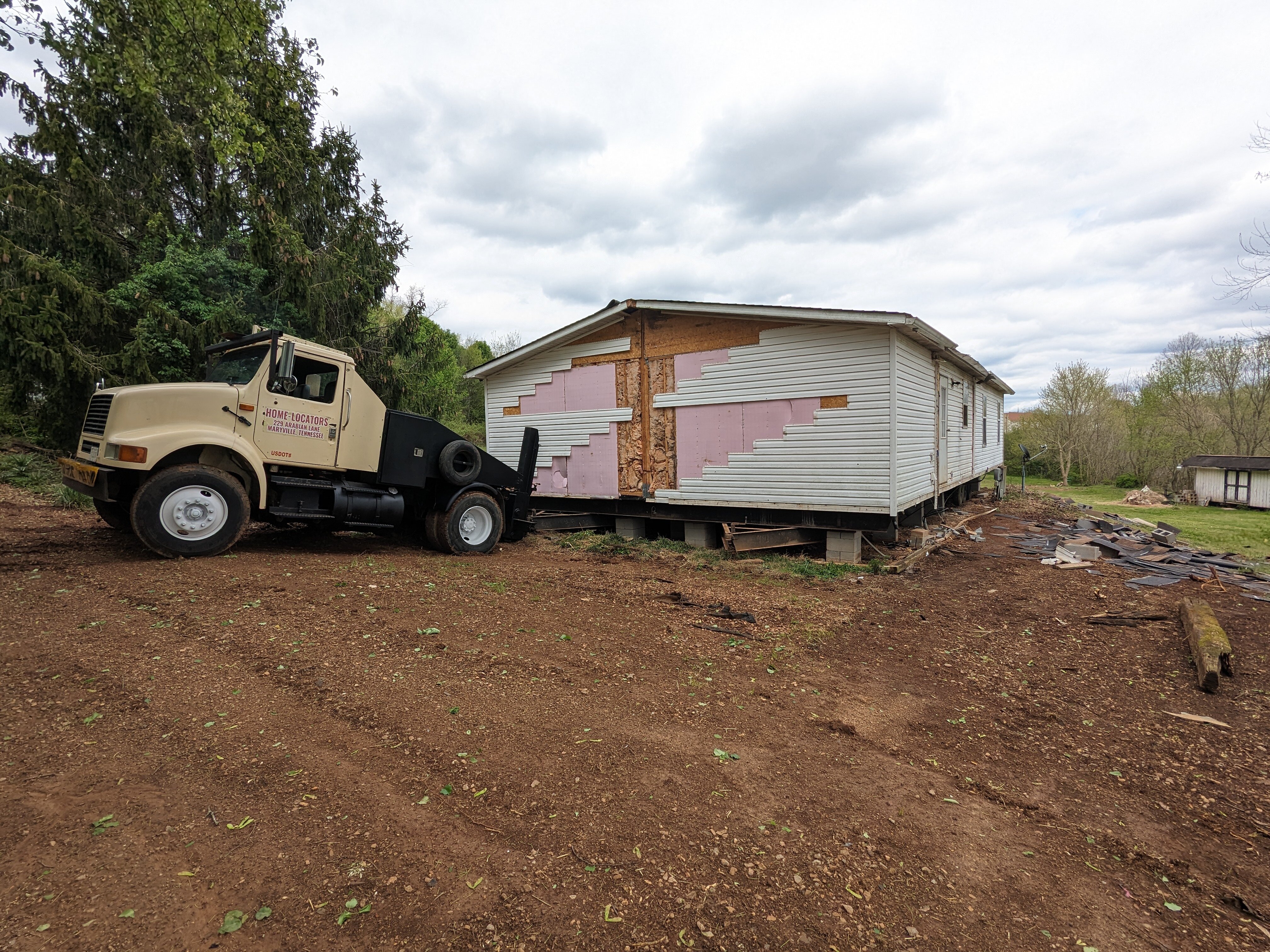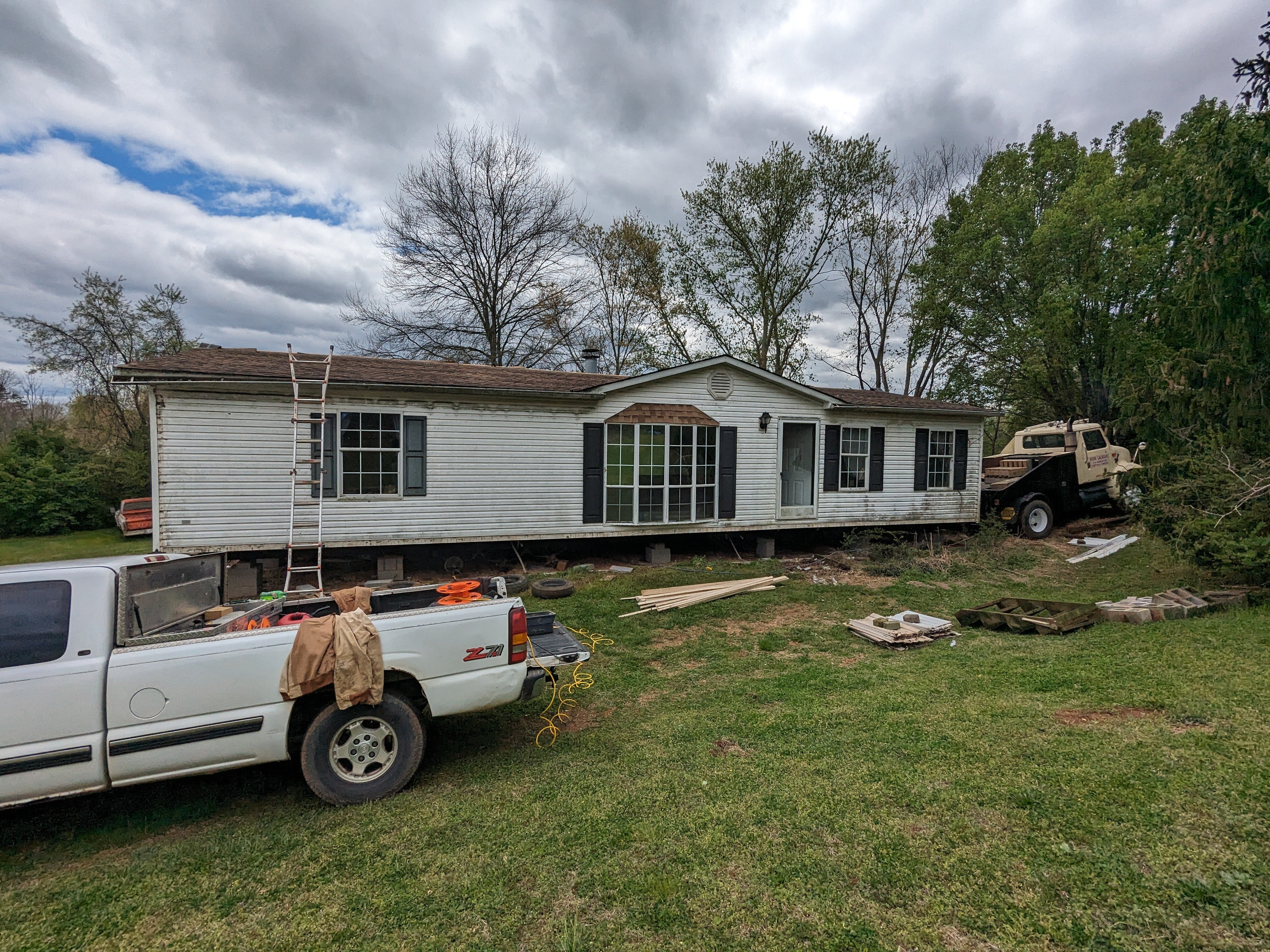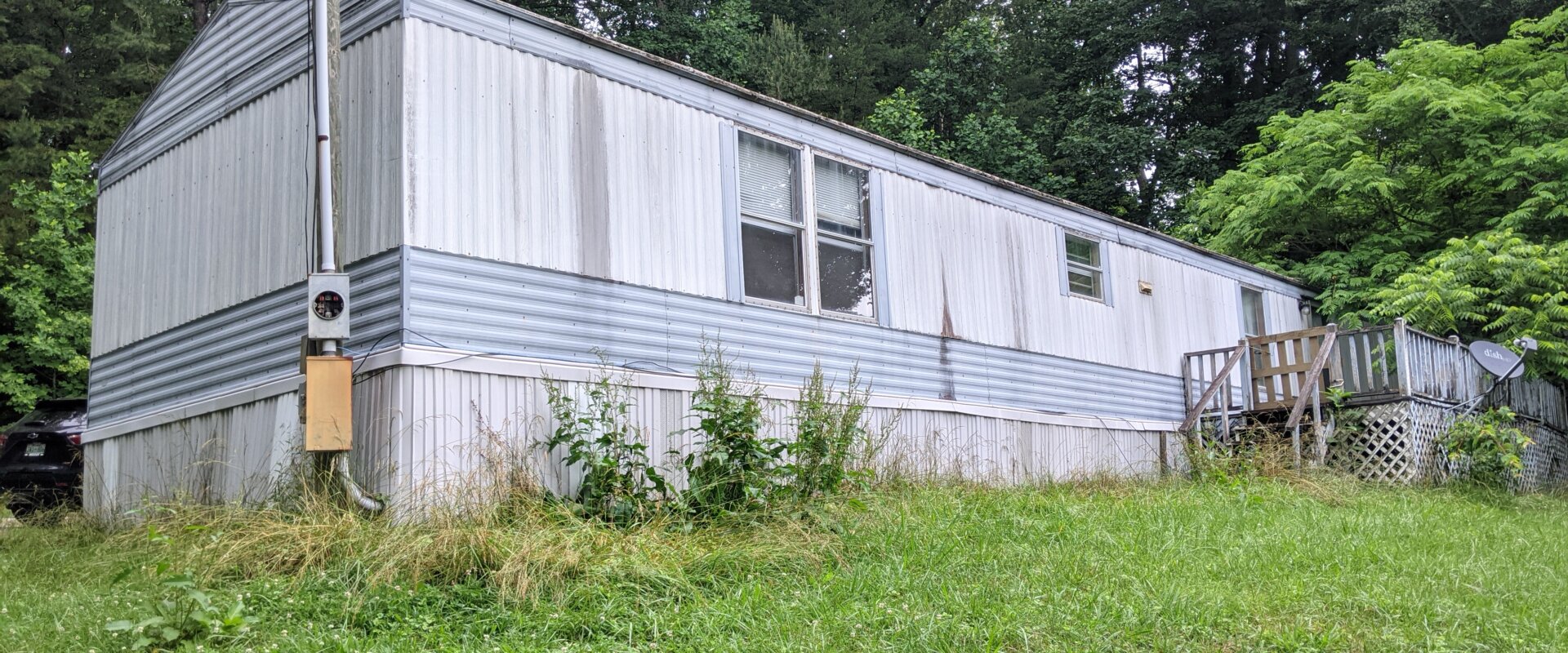The process of moving a mobile home in Tennessee involves navigating a complex landscape of regulations, logistics, and costs. Mobile homes, offering affordable and flexible housing options, require meticulous planning and execution for relocation. This analysis delves into the critical steps, regulatory frameworks, and practical considerations for moving a mobile home within the state, providing homeowners with a comprehensive guide to ensure a smooth and successful move.

Understanding Tennessee Regulations for Mobile Homes
Navigating Tennessee’s regulations is fundamental for a mobile home move. The state’s Department of Commerce and Insurance requires mobile home owners to obtain moving permits, ensuring the home meets safety and construction standards. Additionally, transportation of oversized loads mandates compliance with specific rules, such as travel during certain hours, the use of escort vehicles, and adherence to designated routes to avoid infrastructure damage.
Permits and Inspections: Prior to moving, a detailed inspection might be necessary to comply with both origin and destination localities’ requirements. These permits ensure the mobile home is up to code and safe for transportation and installation.
Transportation Regulations: Given the unique challenges of transporting oversized loads, Tennessee has established guidelines to safeguard both the mobile home and public infrastructure. These include restrictions on travel times, mandatory pilot vehicles, and specific route planning to circumvent low overpasses, narrow roads, and congested urban areas.
Preparation for Moving a Mobile Home
Preparation is critical to ensure the safe and efficient transport of a mobile home. This encompasses a range of activities from securing loose items inside the home to preparing the receiving site for installation.
Utility Disconnection: A crucial first step is safely disconnecting all utilities connected to the mobile home, including water, electricity, gas, and sewer services. This task requires coordination with local utilities and adherence to safety protocols.
Site Preparation: The new site must be prepared before the mobile home’s arrival. This involves ensuring the ground is level, stable, and clear of obstructions. Utilities at the new site must also be planned and laid out in anticipation of the home’s placement.
Selecting a Mobile Home Mover in Tennessee
Choosing the right mover is perhaps the most critical decision in the moving process. A reputable mover will handle the logistics of permits, transportation, and installation, reducing the homeowner’s burden.
Licensing and Insurance: Ensure the moving company is licensed to operate in Tennessee and carries insurance that protects against potential damages during the move.
Experience and References: The mover’s experience with similar moves and positive references from past clients are invaluable in assessing their reliability and efficiency.
Cost Factors and Budgeting
The cost of moving a mobile home in Tennessee can vary significantly based on various factors such as distance, the size of the home, and the complexity of the preparation required. Among the key expenses to consider are permit costs, mover fees, and site preparation costs. Here’s a closer look at what to expect:
Permit Costs
Obtaining the necessary permits for moving and installing a mobile home incurs fees that must be factored into the overall budget. These permits ensure that the move complies with local regulations and safety standards. The cost can vary by locality and the specific requirements of the move.
Mover Fees
The bulk of the expense typically comes from the professional services hired to transport and install the mobile home. Costs can vary based on the complexity of the move, the distance traveled, and the size of the mobile home:
- Singlewides: Moving a singlewide mobile home typically costs between $6,000 and $10,000. This price range covers the logistics of transportation, including securing the home for travel and the actual moving process.
- Doublewides: For doublewide mobile homes, the cost is significantly higher due to the increased size and complexity of the move. Homeowners can expect to pay between $16,000 and $20,000. This increase reflects the need for additional labor, equipment, and transportation logistics necessary to move a larger structure safely.
These fees generally include the cost of obtaining necessary permits, pilot vehicles for transportation, and the physical labor involved in preparing, moving, and installing the home. Additional services, such as disconnecting and reconnecting utilities, may be extra.
FREE Mobile Home Removal

Site Preparation Costs
Preparing the new site for the mobile home’s installation, including the foundation work, utility setup, and any necessary landscaping or grading, also contributes to the total cost of the move. The extent of site preparation required can vary greatly depending on the condition of the new site and the specifications of the mobile home.
For homeowners, understanding these cost factors is crucial for budgeting the move of a mobile home in Tennessee. Planning for these expenses, along with a contingency for unexpected costs, can help ensure a smooth and successful relocation process.
The Moving Process
The moving process involves several key steps:
- Consultation and Planning: Working with the mover to plan every detail of the move.
- Obtaining Permits: Securing all necessary permissions for the move.
- Preparation: Ensuring the mobile home and the new site are ready for the move.
- Transportation: The physical moving of the mobile home to its new location.
- Installation: Setting up the mobile home at the new site, including anchoring, connecting utilities, and final inspections.
After the Move: Settling In
Adjusting to the new location involves several steps:
- Final Inspections: Ensuring the mobile home passes all required inspections for safety and compliance.
- Reconnection of Services: Working with local utilities to reconnect services and make the home livable.
- Personalization: Making the mobile home feel like home again through interior setup and personal touches.
Challenges and Solutions
Common challenges include unexpected costs, delays in permit approval, and logistical issues on the day of the move. Solutions involve early planning, budget contingencies, and clear communication with all parties involved.

